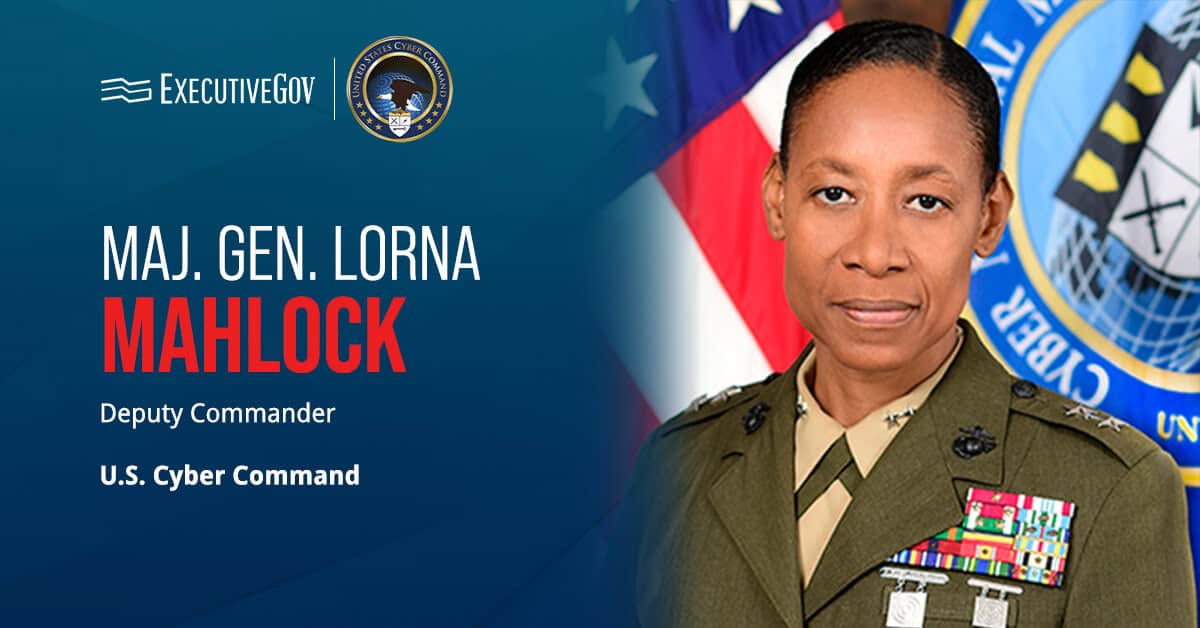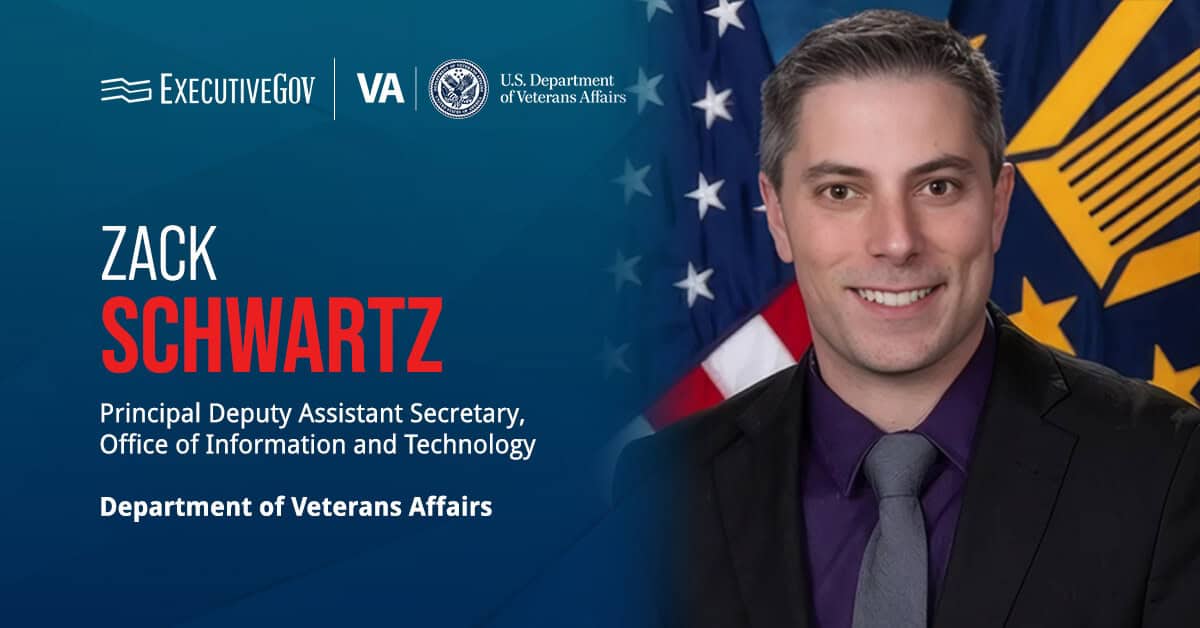
B. Edwin Wilson, deputy assistant secretary of defense for cyber policy, explained at the Defense One Tech Summit the reason behind the Department of Defense’s move toward a proactive cybersecurity stance as part of its 2018 cyber strategy’s “defense forward†tactic, FCW reported Monday.
The shift toward a more offensive approach to cybersecurity is “because we’ve recognized that adversaries are using this domain and especially operating below … thresholds of a traditional response in enduring campaigns,” Wilson said Thursday during a panel discussion at the event.
He also mentioned DoD’s role in sharing intelligence and providing support to the Department of Homeland Security during elections. “The department does have a role in the defense of the homeland,” Wilson said at the event. “We’re not trying to do DHS’ job … we’re here to support.â€





